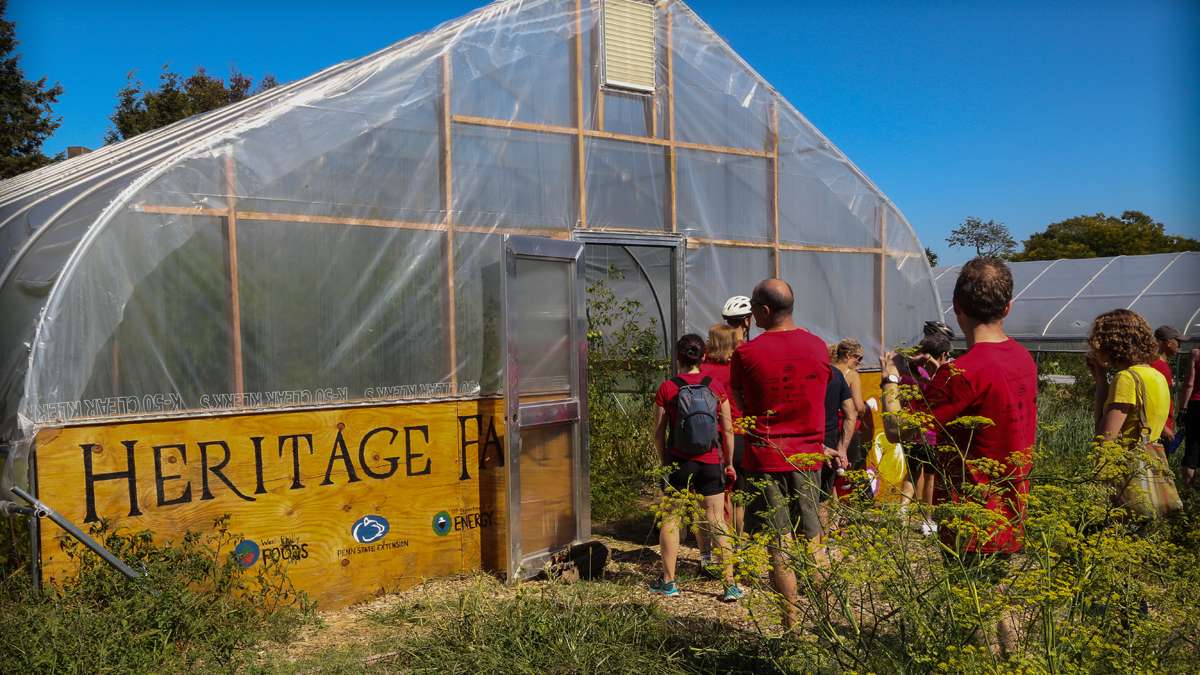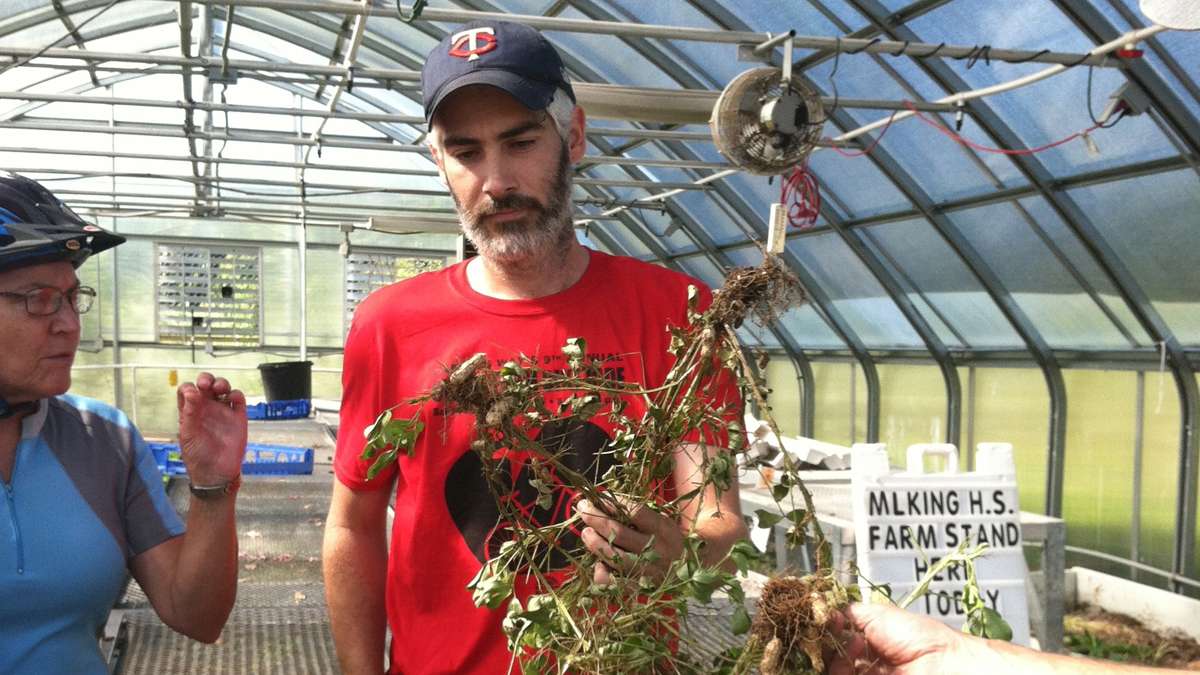Sayreville High School hazing renews debate over anti-bullying efforts in N.J.
ListenThe specific word “hazing” is not in the state’s Anti-Bullying Bill of Rights — one of the toughest such laws in the country — but in light of the Sayreville High School football scandal, the landmark law is getting some attention for helping to bring the issue to the fore.
And perhaps, advocates say, it will be incorporated into steps aimed at prevent future incidents of hazing, bullying or harassment.
“Hazing is bullying, and definitely rises to that level,” said state Assemblywoman Valerie Huttle (D-Bergen), one of the prime sponsors of the 2011 law that requires schools to investigate and act on incidents of harassment and intimidation.
Huttle last week said the Sayreville case may rise to the level of criminality, after the school district cancelled the varsity football season in light of chilling allegations that senior players physically abused freshmen players in the locker room.
Regardless, she said athletic teams were very much part of the mix when the law was written and, indeed, the district’s superintendent cited the law as a contributing factor in his ultimate decision to cancel the season.
“There is no doubt, sports teams are accountable to the law,” Huttle said.
Yet, she added that such incidents also speak to the fact that more needs to be done.
“After three years (of the law) and all the discussion that has risen out of it, you’d think kids at that age would get it,” she said.
The role of schools and educators is sure to be at the center of the discussion as further details surface in the scandal that has rocked not just the Middlesex County community but high school sports throughout the state.
‘Extraordinarily disturbing’Gov. Chris Christie called the alleged incidents “extraordinarily disturbing” and said he had spoken with acting state Education Commissioner David Hespe, as well as acting Attorney General John Hoffman, about what steps the state could take next.
“They’re working well together to deal with this issue both from an educational perspective and a law-enforcement perspective,” he said last week at a Trenton press conference.
“Both of those things need to be addressed, not only specifically in Sayreville, but more broadly across the entire state to ensure that no other young male or female athletes are exposed to that type of treatment.”
He specifically called for “dealing with this on a more holistic way from the educational perspective in our high schools.”
Afterward, Hespe said the next steps would be through a number of groups already set up to address where improvements can be made in current law and policy, including the state’s anti-bullying task force, which was created in 2013 to monitor the implementation of the law.
He also cited a statewide working group of educators and law-enforcement officials – formed in the aftermath of the Columbine High School shootings more than a decade ago. The group has developed a model “memorandum of agreement” for local districts and police departments spelling out each other’s roles in addressing violent or criminal behavior related to schools.
“Recognizing the toll this takes on athletes, families and the entire community,” Hespe said, “we want to make sure educators and law enforcement have the most updated information and guidance, and be able to take proactive steps to help prevent this from happening in the future.”
When asked whether there would be more specific guidelines for sports teams, he said those committees would hopefully look at the larger issue of hazing incidents and how they arise, not just in Sayreville but in the context of other incidents in the state.
And Hespe did not rule out asking hard questions about the roles of coaches and other adults in contributing to the climate that fosters hazing and bullying — or at least looking the other way.
“There are a lot more questions than there are answers at this point,” he said. “All we know is something went very, very wrong (at Sayreville’s high school).”
Still, Hespe credited Sayreville Superintendent Richard Labbe for his decision to cancel the season, even in the face of strong protests.
“He had to make a very difficult decision, and he did,” Hespe said.
Labbe said, in reaching his decision, that his own son had been bullied in school.
Stuart Green, a longtime advocate and leader in bullying prevention in New Jersey, said the alleged Sayreville incident is a classic case of how culture and climate contribute to bullying, and the need to address those underlying factors.
“These things don’t arise out of the blue, and rarely is it a case of a single incident or a single kid,” Green said last week.
Green, the founder and director of the New Jersey Coalition for Bullying Awareness and Prevention, said current law does address issues of school climate that can propagate bullying, including a requirement that every school have a “safety team” that develops anti-bullying training and programs for students and staff.
Ironically, under the law, the first week of October is a required “Week of Respect” for schools to focus on these programs.
Green’s one complaint is the safety teams are only required to meet twice a year, but he said it has nevertheless elevated the discussion and awareness about these underlying issues in schools.
“All of this is good, but it’s a long-haul struggle,” he said.
“The whole field is tragedy driven,” Green said. “We only pay attention when bad things happen. We really need to act before these tragedies.”
___________________________________________________
NJ Spotlight, an independent online news service on issues critical to New Jersey, makes its in-depth reporting available to NewsWorks.
WHYY is your source for fact-based, in-depth journalism and information. As a nonprofit organization, we rely on financial support from readers like you. Please give today.




















